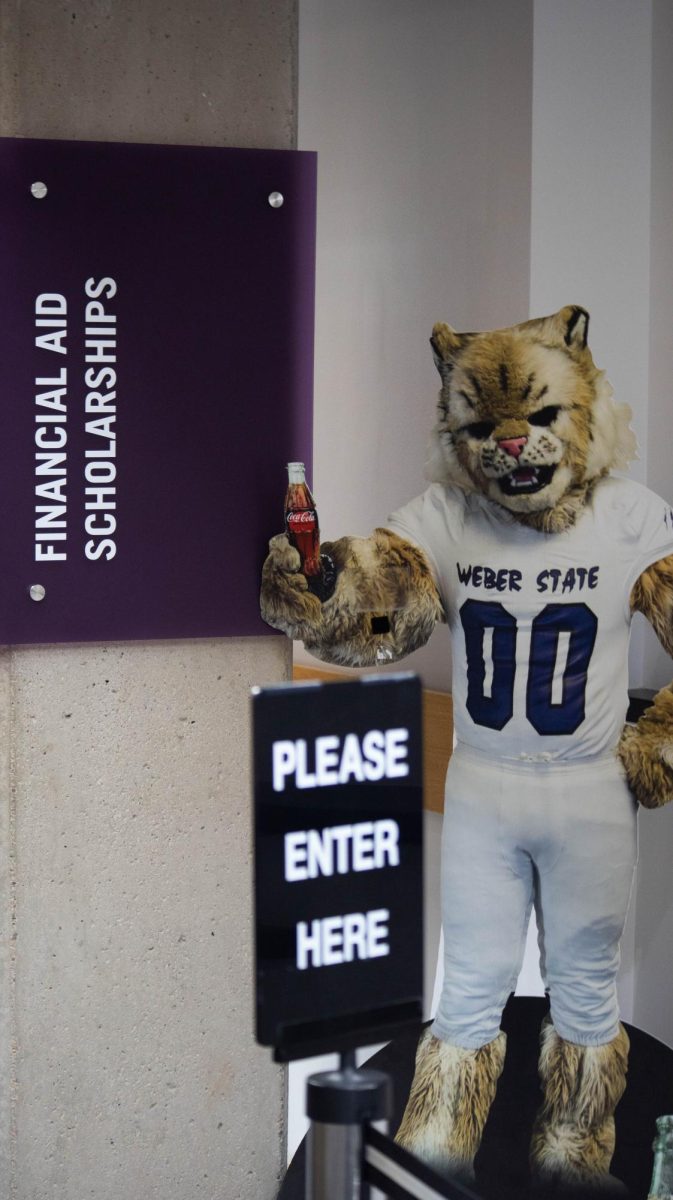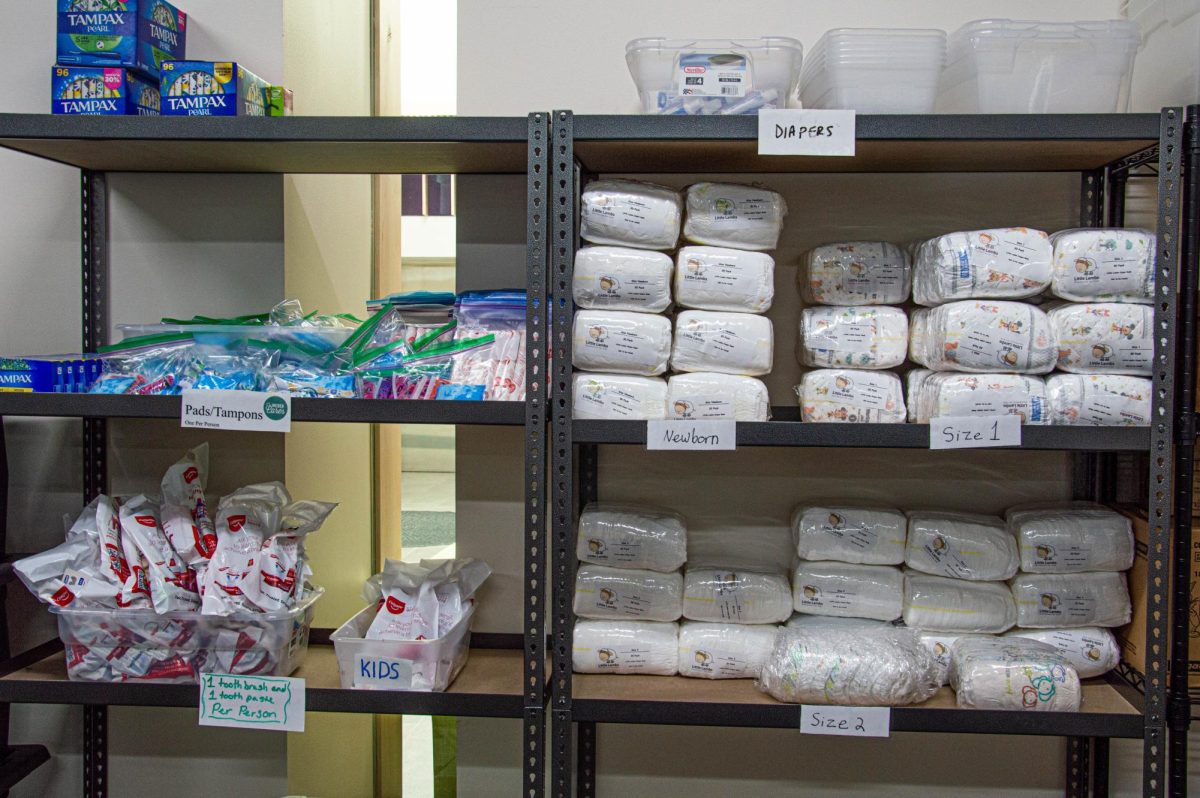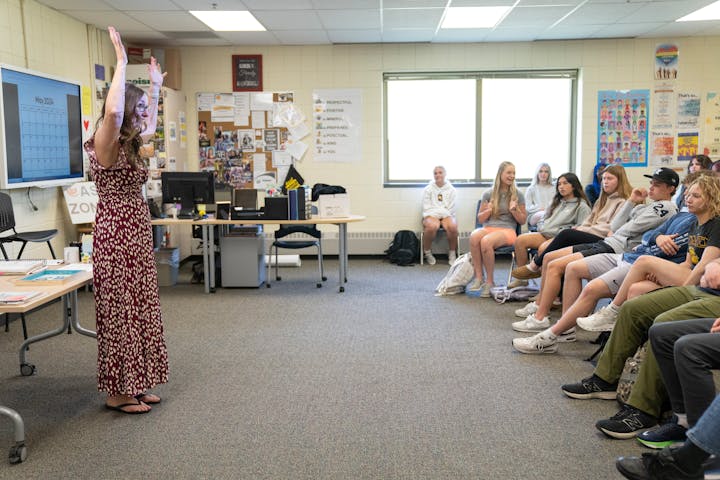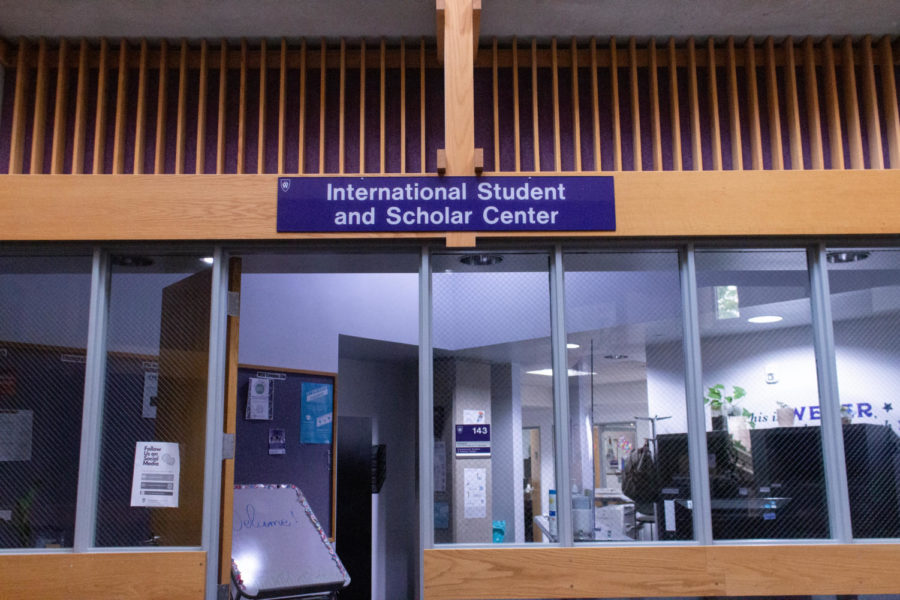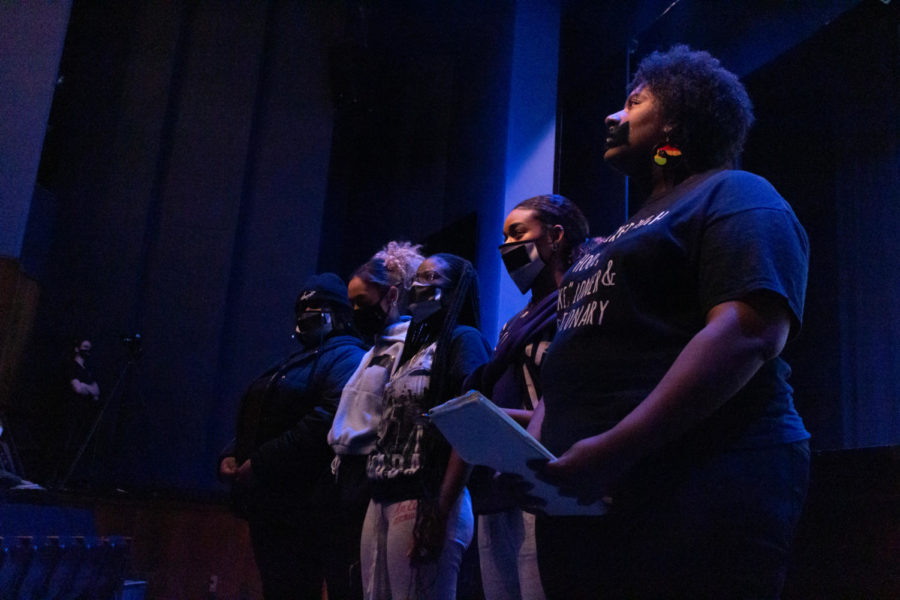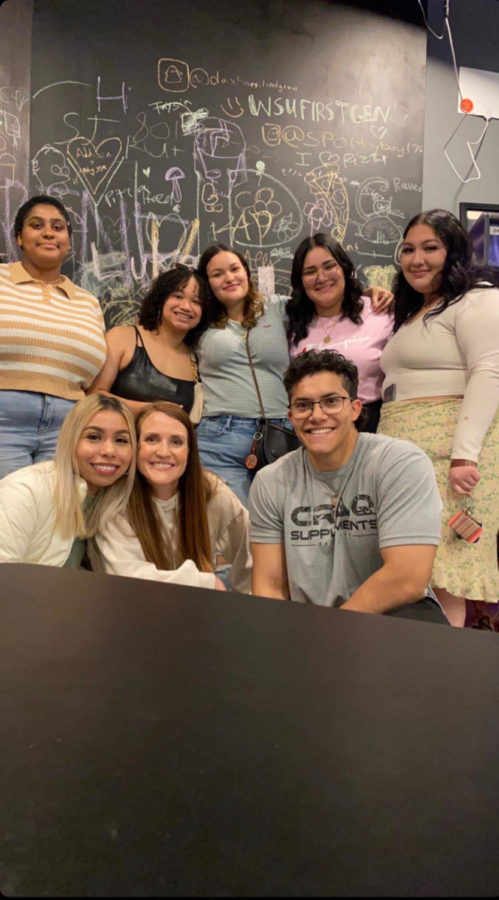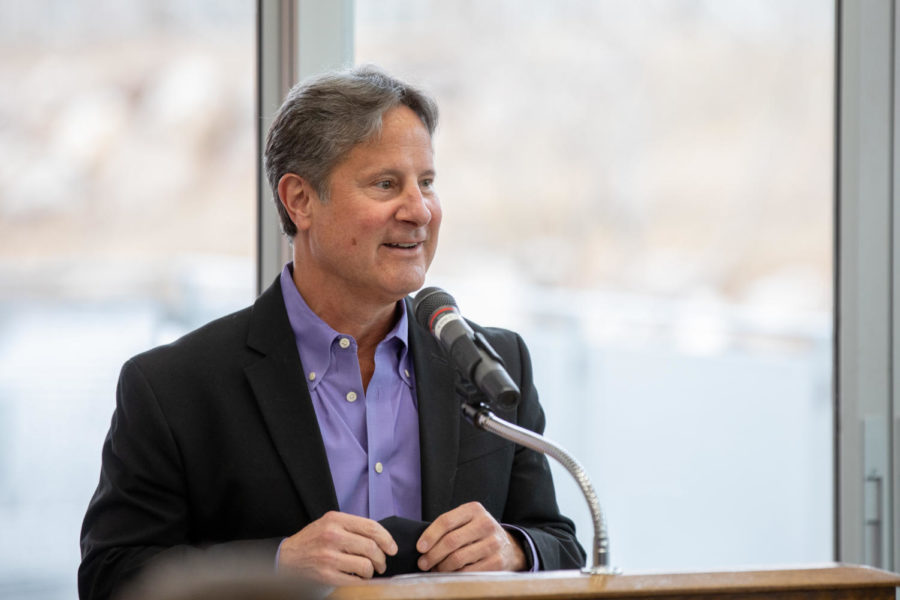Weber State students may wonder where all their student fees are going. One portion, at least, is funding tutoring centers.
Included in this otherwise free service are multiple divisions and methods of tutoring.
Drop-in tutoring is the college version of study hall, in a sense. During set periods of time, the drop-in tutoring center is an open space for students to sit down and work, getting help with questions as they come along. The number of tutors working in the center varies depending on the time of day. Offering aid in writing and math classes 1050 and up, there are drop-in tutoring centers on the main campus, Davis campus, West Center and Kaysville Center.
Appointment tutoring is also available for students who prefer a different style. The center matches a tutor with a student based on the subject and compatible schedules. These appointments can be made for half an hour or a full hour, depending on what the student chooses. With this one-on-one tutoring service, students are met by the same tutor for every appointment. Subjects eligible for tutoring include Spanish and NTM 1700. Weber State provides a meeting location for the duo, but asks users to call at least 24 hours ahead (Davis: 801-395-3539, Ogden: 801-626-6804 ). Appointment tutoring works most efficiently when students come prepared with specific questions.
Tutoring in the hub is a form of open tutoring through which students work on math and raise an electronic hand to let tutors know they would like some attention. Developmental math classes sometimes require that student visit and use the hub.
The writing center is a place for students to bring in any written project they have and get it proofread by designated tutors. Accompanying this is a very popular web component for users to submit their work online.
In the supplemental instruction (SI) program, professors with “historically difficult” classes are assigned tutors to sit in on their lectures. These tutors are not required to complete the course materials, but attend sessions to refresh their memory for tutoring students. The SI tutor will organize a study group three times a week outside of class hours. Tutors in this program help direct the flow of learning, not just giving hours away. On the second day of school, surveys are distributed to and collected from students to determine the optimal times of the day and week to schedule sessions. Statistics show Weber State’s SI program improve students’ grades by half-to-one letter grade if they attend regularly.
On the Weber State Davis Campus, the programs are not as dispersed as they are on the Ogden campus. Leslie Loell, the Weber State Davis director of learning services, explains that the Davis Campus has a more centralized space where everything takes place in the learning center.
To become tutors, applicants must be Weber State students who earned a B+ or better in the class they choose to tutor in.
Weekly training sessions are required to help hone the communication skills of tutors and teach them proper methods. As they tutor, students are observed on a regular basis so feedback can be given to the tutors. Throughout their training, tutors become certified with the College Reading and Learning Association, some as master tutors.
Prasanna Reddy, the Weber State Ogden director of learning services, says that Weber State University’s tutoring program has received certification from the National Association for Developmental Education and was the first in doing so.





